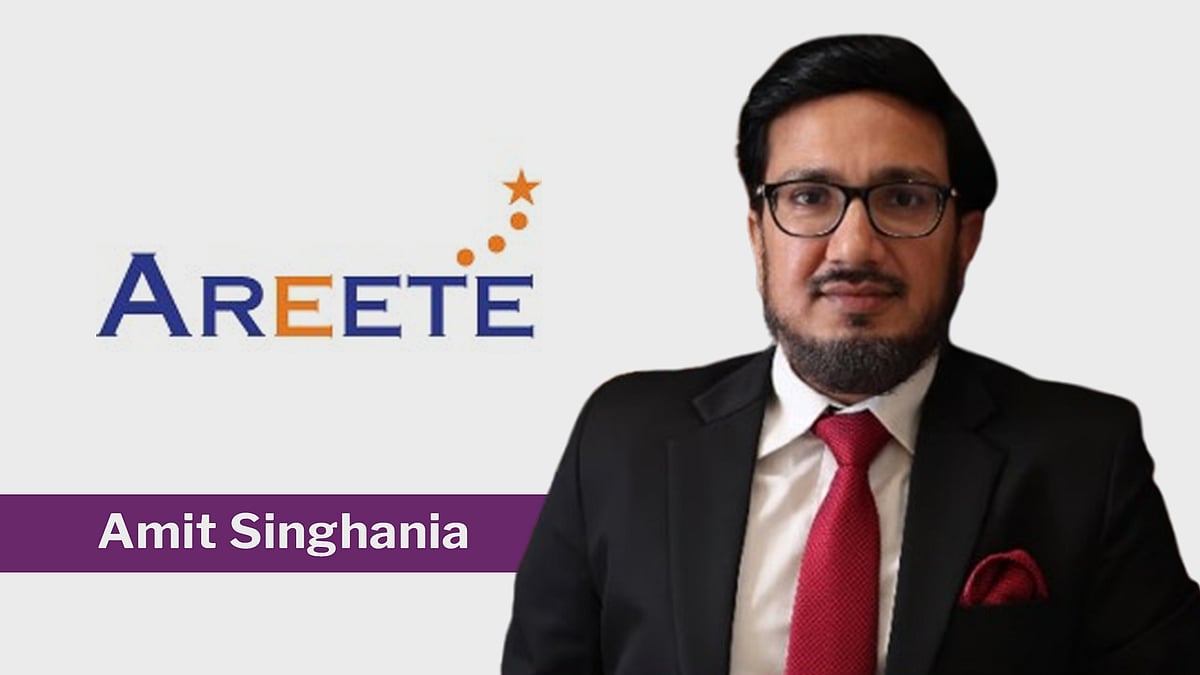Boosting US-Mexico Cooperation: Why Trust is Key to Tackling Narco-Finance

For years, the relationship between the US and Mexico regarding drug trafficking and related financial crimes has been fraught with tension. While both nations recognize the severity of the problem – the staggering sums of money laundered through legitimate businesses and financial systems to fund cartels – a deep-seated lack of trust has consistently hampered effective cooperation. This isn’t merely a matter of political rhetoric; it’s a tangible obstacle that impacts intelligence sharing, joint investigations, and asset seizure efforts.
The roots of this mistrust are complex. Concerns over corruption within Mexican institutions, the persistent issue of impunity for powerful actors, and Mexico’s assertion of sovereignty in the face of perceived US interference all contribute to a climate of skepticism. Each side harbors reservations about the other's commitment to tackling the problem at its core, leading to a cautious and often reactive approach.
However, the current landscape demands a paradigm shift. The sheer scale of narco-finance – estimated to be in the tens of billions of dollars annually – necessitates a proactive and deeply integrated strategy. Cartels are increasingly sophisticated in their methods, utilizing complex financial networks, shell companies, and digital currencies to move and conceal their illicit gains. Traditional law enforcement approaches are proving inadequate, highlighting the need for a more holistic and collaborative response.
So, how can trust be rebuilt and strengthened? The answer lies in concrete actions and a demonstrable commitment to transparency and mutual respect. Here are several key areas:
- Enhanced Intelligence Sharing: Moving beyond superficial information exchanges to a truly reciprocal sharing of intelligence, including financial data, is crucial. This requires establishing secure channels and building confidence in the reliability of information provided.
- Joint Investigations with Accountability: Conducting joint investigations with clearly defined roles and responsibilities, and ensuring accountability for both US and Mexican law enforcement officials, can help build trust and demonstrate a shared commitment to justice.
- Addressing Corruption at All Levels: Both countries must prioritize the eradication of corruption within their own institutions. This includes strengthening judicial systems, promoting transparency in government procurement, and holding corrupt officials accountable, regardless of their position.
- Respecting Sovereignty While Collaborating: The US must respect Mexico's sovereignty while working collaboratively to address narco-finance. This means avoiding unilateral actions and engaging in open and respectful dialogue about shared concerns.
- Capacity Building: Providing Mexico with the resources and training necessary to strengthen its financial intelligence units and law enforcement agencies is essential for long-term success.
Ultimately, fostering trust between the US and Mexico in the fight against narco-finance is not merely a desirable outcome; it's an absolute necessity. It requires a sustained commitment from both sides to build a relationship based on mutual respect, transparency, and a shared understanding of the grave threat posed by transnational criminal organizations. The future security and economic stability of both nations depend on it. Failing to address this trust deficit will only allow narco-finance to flourish, with devastating consequences for both countries and the wider region.






